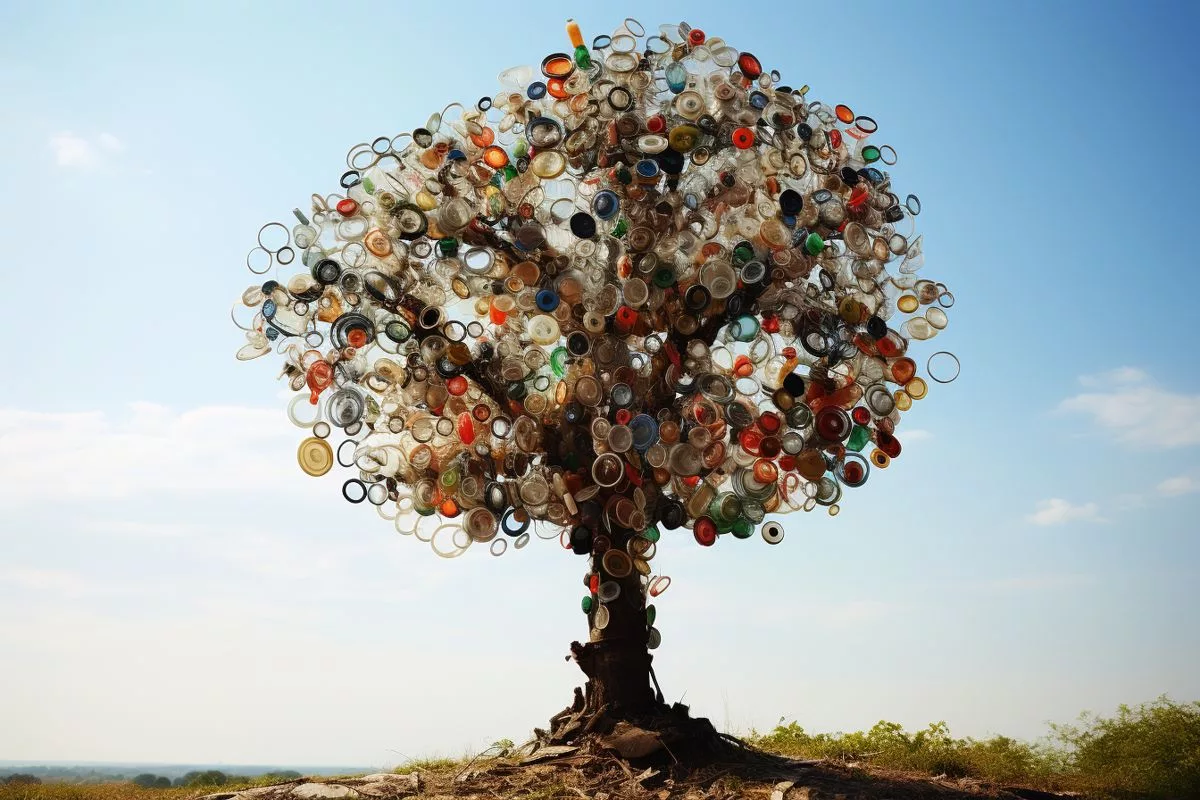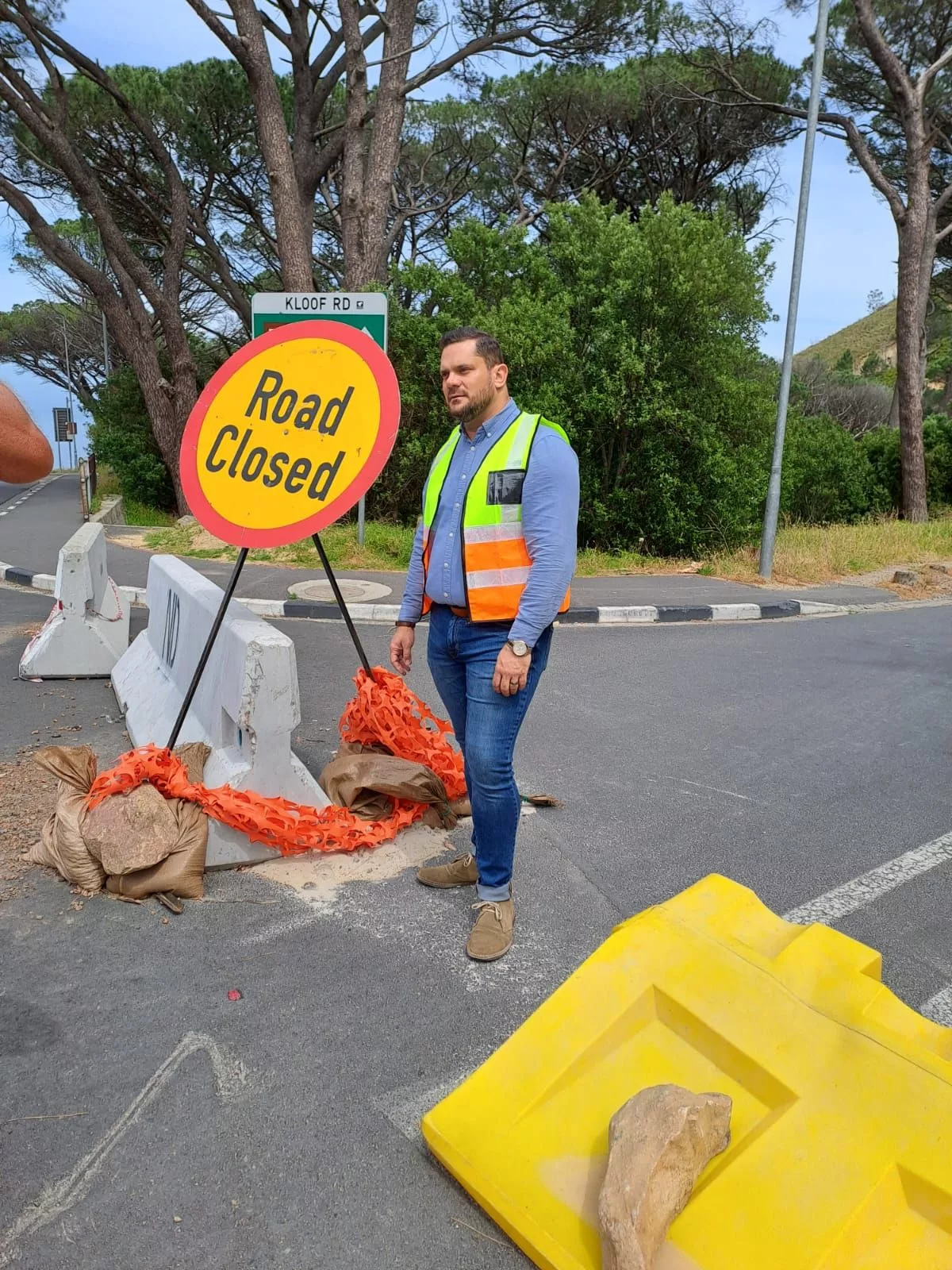The Youth in Waste Summit aimed to engage young people in transforming waste into wealth through the Circular Economy, creating jobs and promoting sustainable waste management. The Minister of Forestry, Fisheries, and The Environment kicked off the Summit, highlighting the urgent need to address the growing waste problem and the potential of the Circular Economy. The Summit provided an opportunity for young innovators, stakeholders, and communities to come together, showcasing fresh solutions to longstanding problems and becoming agents of change for a greener and more prosperous South Africa.
What is the Youth in Waste Summit about?
The Youth in Waste Summit aims to foster youth engagement in innovation for a greener tomorrow by focusing on transforming waste into wealth through the Circular Economy. The Summit provides knowledge, skills, and opportunities in the waste sector and emphasizes job creation, economic growth, and sustainable waste management, making it an enticing prospect for the youth. It serves as a symbol of hope for a greener and more prosperous South Africa.
Section 1: The Inception
At the stroke of ten, an electrifying wave of energy swept through the busy Nelson Mandela Bay Metropolitan Municipality in the Eastern Cape Province. It was the commencement of the Youth in Waste Summit, a congregation of youthful intellects, visionaries, and industry professionals. The driving force behind the Summit was Ms. Barbara Creecy, the Minister of Forestry, Fisheries, and The Environment. The Summit intended to be more than a conventional conference; it was a call to arms.
A diverse group of young enthusiasts, project contestants, and respected judges made up the audience, warmly greeted by the Minister herself. Their presence was not just notable but deemed essential for the Summit’s objective. Other key figures included Summit partners like Mr. Hlubi Shivanda from Samsung SA, IDC SEF Programme Manager Mr. Stuart Bartlett, Ms. Dorah Modise from the PRO Alliance, and The Green Youth Network representatives.
The Minister set the tone by shedding light on a startling fact: every minute, our planet produces 3,825 tons of waste. A significant chunk of this waste finds its way to landfills or open dumps, posing a threat to both wildlife habitats and the natural environment. Littering and illegal dumping have emerged as widespread issues in South Africa, posing a health risk to communities and burdening governance.
Section 2: The Solution
Creecy suggested the potential solution might be transforming our waste into wealth. A recent study by the International Labour Organisation pointed out that the circular economy – a system that reduces, reuses, and recycles waste – could create multiple new jobs in the global South.
The Circular Economy (CE) encourages business strategies that minimize the material footprint of products and services. A CE fosters the environment’s protection by reducing raw material inputs, reusing goods, and recycling materials. In addition, it promotes optimal use of natural resources and strengthens local economies.
“Reuse generates more than 200 times as many jobs as landfills and incinerators. Recycling creates approximately 70 times as many jobs as landfills and incinerators,” the Minister stressed, emphasizing the potential job creation of waste management techniques.
Following the Covid-19 pandemic, the South African Government embraced the Economic Recovery and Reconstruction Programme, prioritizing green industries. This focus on green industries is the cornerstone of the Youth in Waste Summit.
Section 3: The Impact
The department firmly believes that the waste economy has the potential to generate thousands of jobs in South Africa. Over the past three years, new policies have fostered opportunities in the waste sector, resulting in over 7,500 formal jobs, and up to 60,000 informal jobs.
The Summit, a collaboration between the Department of Forestry, Fisheries, and the Environment (DFFE) and the Nelson Mandela Bay Metropolitan Municipality, sought to furnish the youth with knowledge, skills, and opportunities in the waste sector. The Green Youth Network and waste sector Producer Responsibility Organisations orchestrated resources to combat pressing issues related to waste management and environmental sustainability.
The Summit served as an ideal stage for visionaries, innovators, stakeholders, and communities to converge and address the challenges encountered by the waste management sector. It encompassed an array of dialogues, pitches, workshops, and networking opportunities. Three youthful finalists conducted a pitching session, showcasing how innovative startups could bring fresh solutions to longstanding problems.
The Presidential Coordinating Committee (PCC) meeting on 2 June 2023 decided that the Nelson Mandela Bay Metropolitan Municipality would be a priority for waste management service delivery. It would involve engaging two thousand Expanded Public Works Programme (EPWP) participants, enhancing the city’s cleanliness for the fiscal year 2023/24 and beyond.
President Cyril Ramaphosa urged citizens to cherish their neighborhoods and clean their communities. In response, the Cleaning and Greening program was initiated as the waste management sector’s contribution to responsible waste management. The Department recognized that part of the solution lay in shifting societal attitudes and motivating the public to take ownership of maintaining their neighborhoods clean.
Section 4: The Future
As the Summit progressed, one fact became evident: the youth were not merely observers—they were the solution. The promise of job creation, economic growth, and sustainable waste management made the sector an enticing prospect for the youth.
By participating in this Summit, the young attendees were taking the initial step towards becoming a part of the solution—flipping the waste problem on its head and contributing to a sustainable future. As they engaged, acquired knowledge, and networked, they were becoming agents of change in their communities, their cities, and their country. The Youth in Waste Summit signified more than a conference—it was a symbol of hope for a greener and more prosperous South Africa.
1. What is the Youth in Waste Summit about?
The Youth in Waste Summit aims to foster youth engagement in innovation for a greener tomorrow by focusing on transforming waste into wealth through the Circular Economy. The Summit provides knowledge, skills, and opportunities in the waste sector and emphasizes job creation, economic growth, and sustainable waste management, making it an enticing prospect for the youth. It serves as a symbol of hope for a greener and more prosperous South Africa.
2. Who initiated the Youth in Waste Summit?
The driving force behind the Youth in Waste Summit was Ms. Barbara Creecy, the Minister of Forestry, Fisheries, and The Environment. Other key figures included Summit partners like Mr. Hlubi Shivanda from Samsung SA, IDC SEF Programme Manager Mr. Stuart Bartlett, Ms. Dorah Modise from the PRO Alliance, and The Green Youth Network representatives.
3. What is the Circular Economy, and how does it help in waste management?
The Circular Economy (CE) encourages business strategies that minimize the material footprint of products and services. A CE fosters the environment’s protection by reducing raw material inputs, reusing goods, and recycling materials. In addition, it promotes optimal use of natural resources and strengthens local economies. The CE can create multiple new jobs in the waste management sector, as reuse and recycling generate more jobs than landfills and incinerators.
4. What is the impact of the Youth in Waste Summit?
The department firmly believes that the waste economy has the potential to generate thousands of jobs in South Africa. Over the past three years, new policies have fostered opportunities in the waste sector, resulting in over 7,500 formal jobs, and up to 60,000 informal jobs. The Youth in Waste Summit provided an opportunity for young innovators, stakeholders, and communities to come together, showcasing fresh solutions to longstanding problems and becoming agents of change for a greener and more prosperous South Africa.
5. What is the role of the Expanded Public Works Programme (EPWP) in waste management service delivery?
The Presidential Coordinating Committee (PCC) meeting on 2 June 2023 decided that the Nelson Mandela Bay Metropolitan Municipality would be a priority for waste management service delivery. It would involve engaging two thousand EPWP participants, enhancing the city’s cleanliness for the fiscal year 2023/24 and beyond. The EPWP is a South African government initiative that aims to provide short-term employment opportunities, skills development, and poverty alleviation through labour-intensive projects.
6. How can individuals contribute to responsible waste management?
President Cyril Ramaphosa urged citizens to cherish their neighborhoods and clean their communities. In response, the Cleaning and Greening program was initiated as the waste management sector’s contribution to responsible waste management. The Department recognized that part of the solution lay in shifting societal attitudes and motivating the public to take ownership of maintaining their neighborhoods clean. We can all contribute to responsible waste management by practicing the 3Rs (reduce, reuse, recycle), properly disposing of waste, and avoiding littering or illegal dumping.








